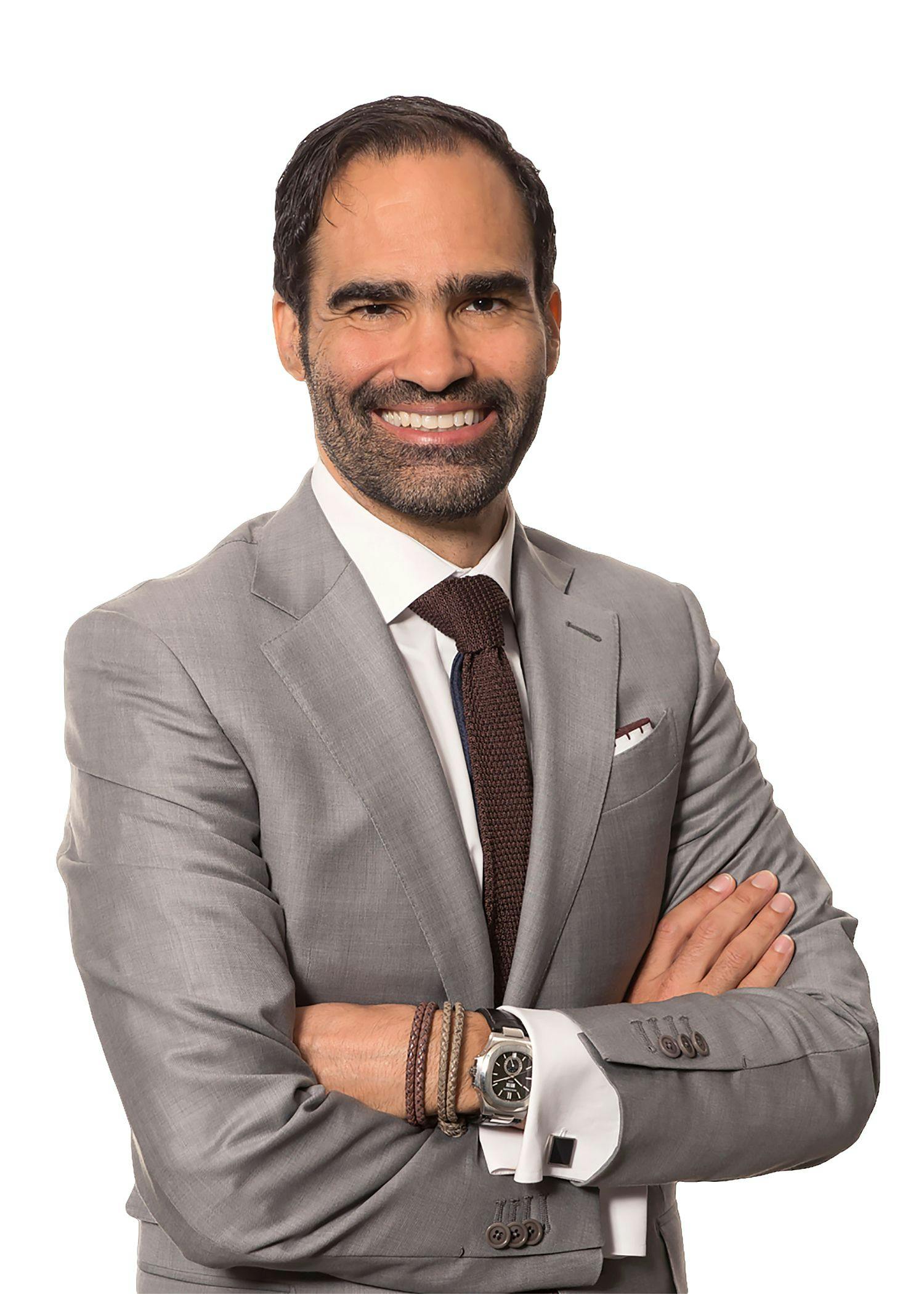Luxury is the creation of extreme value for customers. In other words, it is how well a brand can trigger extreme desirability. People say, “I fell in love with that Dior bag” or “I dreamed about this Rolex for years.” Expressions like these show how luxury is different from other product categories. It’s a realm in which we dream, desire, and fantasize about iconic products made by the brands we worship. And as a result of the extreme value that those products create, we are willing to pay significant price premiums for them.
The reason we fall in love with a brand is its brand story. The story triggers a signal, and when we perceive that signal, we see ourselves in a different, better light. Through extensive research, I was able to show that a person's perception shifts to a more positive state when they get connected to a “luxury signal.” In short, a luxury handbag can make a person significantly more attractive, signal that a person is more interesting or has more expertise, and offer the feeling of being “protected” in public. In my book "Luxury Essentials," I elaborate in-depth about this research, its findings, and implications.
The fundamental “extreme” values of luxury never change. Therefore, as the generational shift from millennials to Gen Z happens or as the world moves towards the metaverse, the fundamental mechanics of luxury are never different. That is critical to remember because when disruptive forces emerge, brands often over-react and make strategic mistakes that weaken their stories and, thus, their ability to create extreme value.
Always remember: The fundamental “extreme” values of luxury never change. But what does change are preferences, expressions, and access points to brands.
But what does change are preferences, expressions, and access points to brands. And here is where companies must watch out as the combination of Gen Z and the metaverse will change luxury expressions far beyond anything we have ever seen.
Let’s start with Gen Z. Theirs is a fully digitally-native generation that grew up with a presence on social media. That means Gen Zers are extremely brand conscious because they had to build their own public brand persona on their curated social media feeds from an early age. Brand associations are dramatically more important for Gen Zers than any prior generation. And because of this, ESG, diversity & inclusion, and, most importantly, a brand's story and values matter. Yet most brands have significant brand positioning and story weaknesses.
Over the recent weeks, we audited categories ranging from luxury beauty to luxury cars and many more, and our most common finding was that most brands do not tell a “brand story.” Instead, they define themselves by their category — what I call a “category story.” They say something like, “we are a luxury car brand that makes people dream” or “we are a luxury skincare brand based on science that provides visible results.”
The problem? Those are not brand stories. We can’t even identify which brand is which from these. Even worse, when all brands in a category tell a similar story, there is no story, no differentiation, and, frankly, no luxury value created. The results are underperformance, lost market share and revenue, inefficient marketing campaigns, and destroyed profit potential.
But the metaverse will make matters worse because it is the internet on steroids: a more immersive, engaging, and inspiring digital ecosystem that will lure even more people into the virtual world for longer than today. As brands compete for time and attention to create desirability, this increased immersion will require much more sophisticated content. Therefore, the overall quality of brand storytelling must dramatically improve for brands to remain relevant.
On top of that, the metaverse means that access to brands will become even more fragmented, complex, and fluid between virtual and physical realities. Radical customer-centricity is a weakness of many brands today, which will be their “strategic killer” (a strategic disadvantage taken to the next level) in the new and complex metaverse.
And to add to this challenge, a new, young, and digitally-native generation accessing brands in the metaverse will naturally have completely different preferences. They will love and use totally new products, and if luxury brands are not at the forefront of innovating them, they will miss out. Because in luxury, it is not enough to just play the game by offering a brand version of a collectible sneaker or NFT. Luxury brands have to push the boundaries of imagination. Otherwise, consumers won’t dream, feel desirability, or willingly pay premiums.
It is a wake-up call for the luxury industry, from fashion and hospitality to cars and private aviation. The combined disruption of Gen Z and the metaverse requires strategic action, not over-reaction. Therefore, building up brand equity and storytelling while optimizing the customer journey for the fluid reality we will soon be living in will be critical.
This is an op-ed article and reflects the views of the author and does not necessarily represent the views of Jing Daily.
Daniel Langer is CEO of the luxury, lifestyle and consumer brand strategy firm Équité, and the executive professor of luxury strategy and extreme value creation at Pepperdine University in Malibu, California. He consults some of the leading luxury brands in the world, is the author of several luxury management books, a global keynote speaker, and holds luxury masterclasses in Europe, the USA, and Asia. Follow @drlanger


